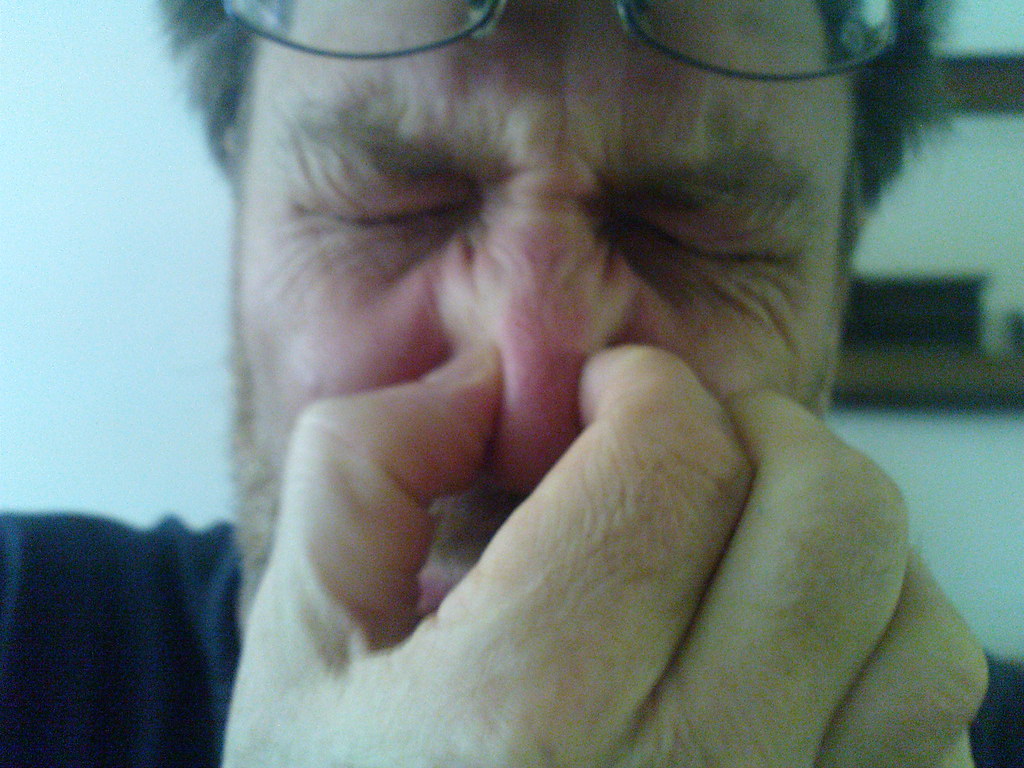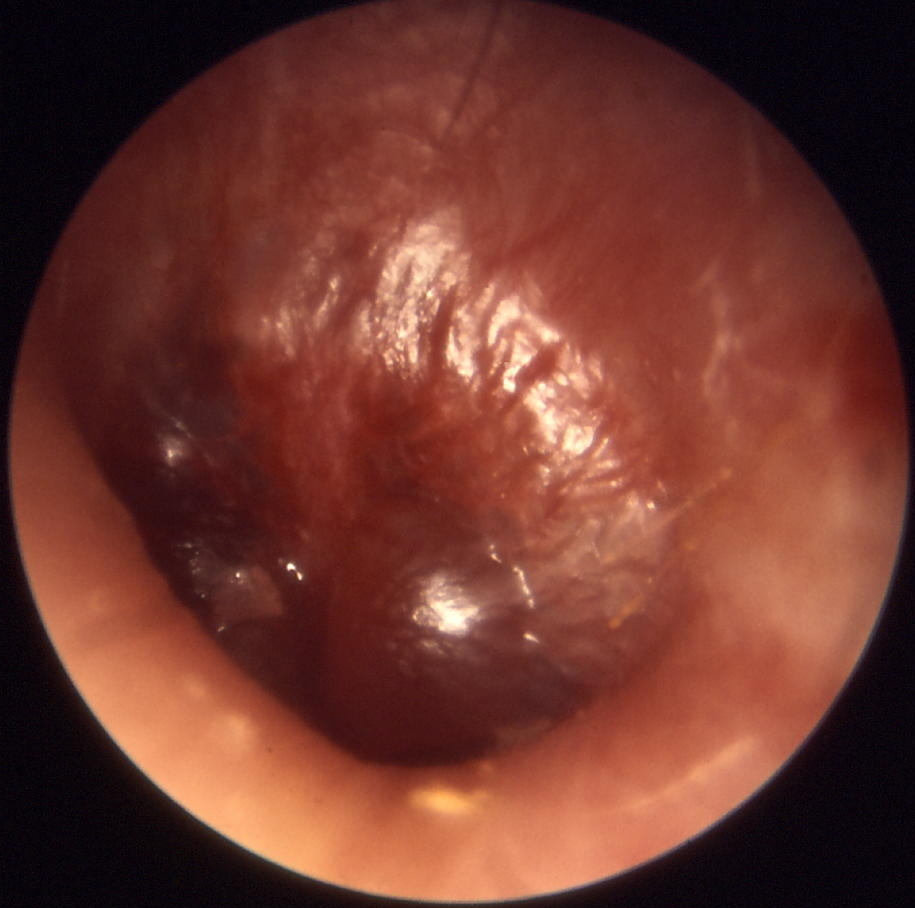What is epistaxis?
It is a medical term for nosebleeds.
Why do people get nosebleeds?
Common cause are dry air and picking the nose.
When should I see a healthcare provider?
When there is lot of blood gushing out of the nose
Difficulty breathing, Chest pain, dizziness, ooziness.
Tired, confused, pale
Continuous bleeding
After injury, surgery
If there is a known tumor or growth.
Blood thinner use.
If the symptoms of mild, what should I do?
With the right self-care, most nosebleeds can stop.
Sit or stand while bending forward slightly at the waist.
Pinch the soft area towards the bottom of the nose below the bone on both sides. Squeeze it shut for 15 minutes. Breathe from your mouth.
If you follow these steps, and your nose keeps bleeding, repeat all the steps once more. Apply pressure for a total of at least 30 minutes or 10 minutes for children. If you are still bleeding, go to the emergency room or an urgent care clinic.
Why do I get repeated nosebleeds?
Breathing dry air, Overusing nasal sprays, frequent colds, snorting drugs into the nose, clotting problems
What can I do to prevent nosebleeds?
Use a humidifier in your bedroom.
Use a saline nasal spray or gel
Avoid trauma to the inside of your nose
Self-care nose bleed, pinching the nose




